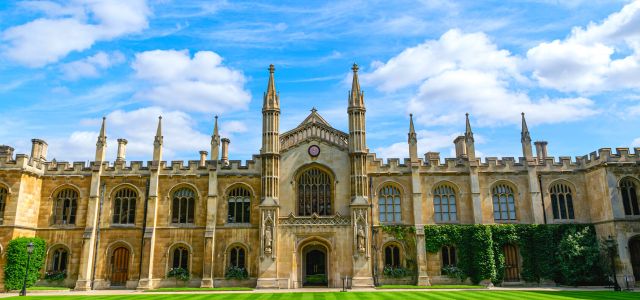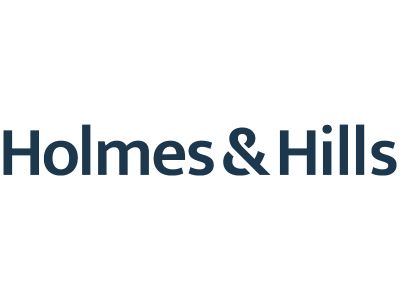Cambridge, known worldwide for its revered 800-year-old institution, the University of Cambridge, has recently been at the center of legal battles and disputes over the use of its name. The University of Cambridge is flexing its legal muscles to safeguard its intellectual property from use by others.
Tahl Holtzman, the CEO of Cambridge NeuroTech, submitted a trademark application for the name of his company in 2017 and experienced formal opposition from the university, just five minutes before the objection deadline closed. Holtzman, anticipating a smooth process, expressed his surprise at the university’s apparent claim to “own the word Cambridge.”
While the university denies owning ‘Cambridge’ outright, it does hold trademarks for CAMBRIDGE in various classes, covering goods and services ranging from educational services to stickers, bibles, and even satellite telephones. The aim is to prevent potential harm to its brand and confusion amongst consumers, who may mistakenly believe that a product under these classes is associated with the university and its work.
However, this protection does not extend to fields that are unrelated to the University of Cambridge, which should allow companies in other sectors to use the city’s name. Despite this, the battle between Cambridge NeuroTech and the University of Cambridge lasted for 18 months, with the University of Cambridge submitting 350 pages of evidence, for which Cambridge NeuroTech incurred legal fees of £30,000. The result was that Cambridge NeuroTech was permitted to obtain a trademark for the goods they offer but not for their services.
The university’s trademark disputes extend far beyond Cambridge NeuroTech and include clashes with entities including Cambridge Football Club, Cambridge Spark, and Cambridge Quantum Computing. In addition, Tony Cooke, the CEO of Cambridge Clinical Laboratories, reveals that his company spent £26,000 fighting the university’s objections, and described the university’s stance as “arrogant” and “selfish.”
The university’s opposition has also faced criticism from an Intellectual Property Office hearing officer, stating that the university suffers from the “delusion” of owning the term ‘Cambridge’ across all activities. While some decisions favor the companies, others favor the university, and appeals have sometimes altered the outcomes of these decisions.
In a statement, a university spokesperson asserted that the public’s association with the word ‘Cambridge’ predominantly links to the university, particularly in education, research, and innovation. They emphasized their commitment to preventing public confusion and supporting their global missions but clarified that they do not claim ownership across all fields and aim to collaborate for mutually beneficial solutions, resorting to legal action only when their rights are infringed.
These trademark battles highlight the ‘David v. Goliath’ nature of these disputes, where smaller companies often prevail. However, while the university may not intend harm, and even when its claims are unsuccessful, its objections can result in smaller companies allocating lots of resources, time, and money to defend these claims and protect their brands.

Written by Hannan Osman
Solicitor, Holmes & Hills
You may also like…
UEFA partners with Alliance for Creativity and Entertainment to enhance global anti-piracy strategy
October 21, 2025 - The Union of European Football Associations (UEFA) has officially joined the Alliance for...
EUIPO and UANIPIO welcome the integration of Ukraine’s trademarks into TMview
The European Union Intellectual Property Office (EUIPO) and the Ukrainian National Office for Intellectual Property...
Jägermeister succeeds in opposing the EU trademark application Alten Kräuterfrau for alcoholic beverages
Mast-Jägermeister SE filed an opposition on the grounds of Article 8(1)(b) – likelihood of confusion between the signs...
Contact us to write for out Newsletter













